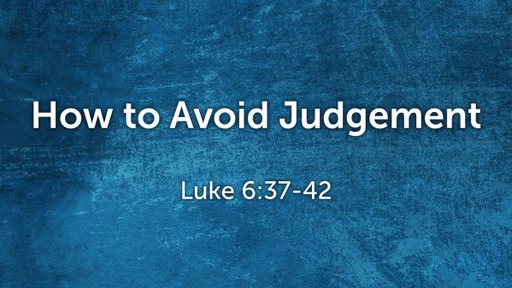How to Avoid Judgmentalism

6:37 Do not judge. What is being forbidden here is not the legitimate exercise of judgment in lawcourts or in church discipline but the tendency to criticize and find fault with others. Marshall aptly observes, “It is not the use of discernment and discrimination which is forbidden but the attitude of censoriousness.”140 It forbids a Christian from finding “status by negation,” i.e., looking better by criticizing others as worse. The use of the present imperative in this and the next prohibition can better be translated “stop judging” and suggests that readers stop what they are presently doing, rather than that they should guard themselves against ever doing this sometime in the future.
Jesus is speaking of a time when the disciple had only his rabbi as his source of information. To claim that he was above his teacher was the height of presumption. The disciple’s one aim was to be like his teacher and he attained this only when fully taught. This
